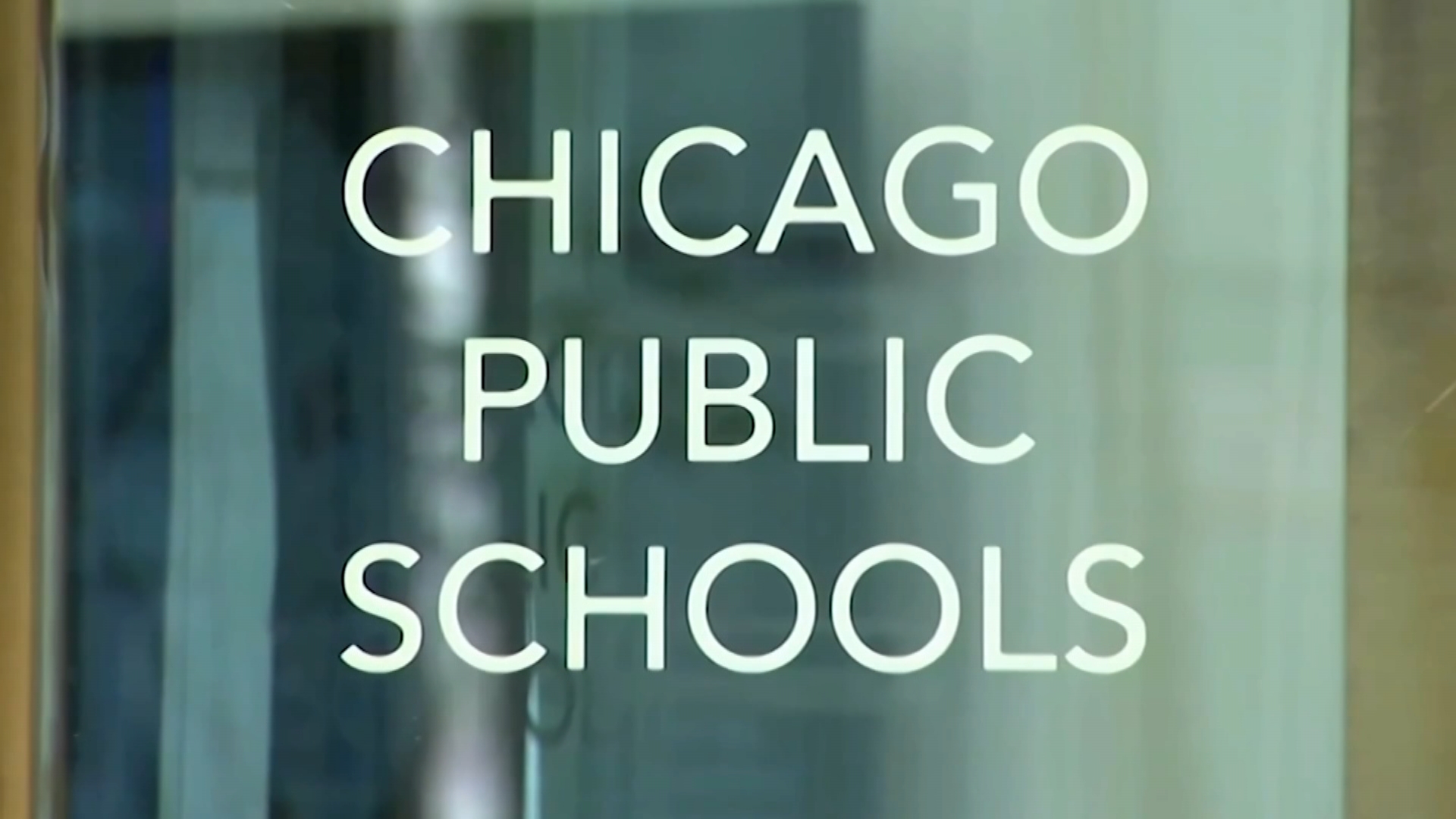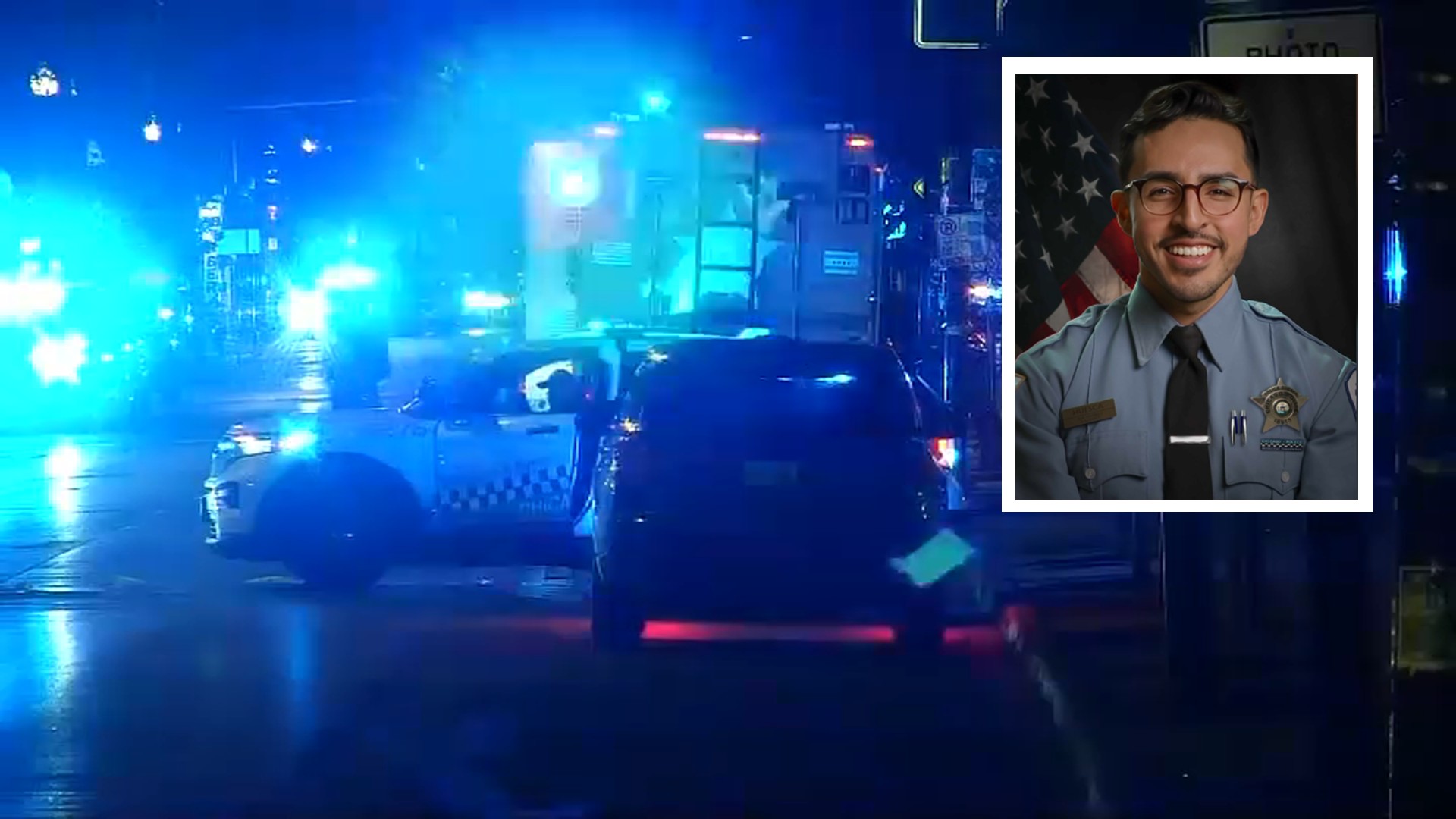Do you think your police department has a zero-tolerance policy for alcohol?
Think again.
Many suburban departments actually have clauses in their union contracts which prevent any kind of discipline for officers with substantial amounts of alcohol in their systems -- even those nearing the state definition of legally drunk, an investigation by the Better Government Association and NBC Chicago reveals.
"I worry about it every day," said Sam Pulia, the mayor of west suburban Westchester.
Pulia, himself a former Westchester police officer, tried unsuccessfully to stop ratification of his department’s union contract which only allows discipline against officers when they hit an alcohol level of .05.
"I could argue that you are half drunk," Pulia said. "I still believe that police officers are held to a higher standard."
Pulia argues that no one with alcohol in their systems should be driving a squad car or carrying a gun. And he thinks it sends the wrong message to officers to set a number which could be perceived as an allowable limit.
Westchester is not alone. Police in Forest Park, Glendale Heights, and South Barrington also have a limit of .05. In Elmwood Park and Oak Park, the limit is the state definition of legally drunk: .08 or higher.
News
"I think it places the city at great risk," said Walter Zalisko, a retired police chief who now runs Police Management Consultants International in Fort Myers, Fla. "Zero would be the wise choice, that you can’t have any alcohol."
But how much alcohol really is too much? Although the Illinois State Police and Cook County Sheriff have set their limits at zero, many police departments say they believe some low limits must be built in to allow for incidentals such as a glass of wine at dinner before the overnight shift or even a shot of cough medicine.
"People who are more used to drinking will have less impairment," said Dr. David Zich of Northwestern Memorial Hospital. "However, we still believe in subtle testing, that there really is no safe level at which no impairment occurs."
Indeed, Zich says scores of studies have indicated that even at lower blood alcohol levels, some kind of impairment occurs -- especially regarding drowsiness, tasks requiring divided attention, or "tracking" activities, which would include driving a car.
"There have literally been hundreds of studies since the 1950s," Zich said. "Even at low levels, you cannot reliably perform without impairment."
James Fell agrees. Fell is a senior research scientist for the Pacific Institute for Research and Evaluation in Calverton Maryland, and he says "impairment, and especially impairment for driving, starts at the first drink."
Fell’s organization conducted a study which found drivers 21 and older, with a blood alcohol level of .02 to .049, were three to four times more likely to be involved in a fatal single-vehicle crash.
Even the state’s own definition of "legally drunk" seems to be in the minority, when compared to other nations around the world. Among countries responding to a World Health Organization study, 28 percent set their BAC limit at zero to .03. Another 39 percent set limits between .04 and .06. Only 26 percent of the nations surveyed have adopted higher limits.
While Pulia expressed outrage at his community’s standard, his police chief insisted that even if she can’t discipline an officer for blood alcohol levels below .05, she won’t let them get in a squad car.
"We’ve never had a problem," said chief April Padalik. "We would follow policy and procedure, and that employee would be removed from duty."
Padalik indicated the officer would be sent home. Pulia said he found that idea encouraging, but that he still believed such officers should be disciplined.
"Paying someone a salary for being sent home for consuming alcohol certainly does not sit well with me or the public who ultimately bear the costs," he said. "Alcohol/drugs and cops don’t mix."
Officials in Oak Park and Elmwood Park, where the limit was set at .08, insist they likewise would not tolerate an officer with lower levels of alcohol, even if they can’t discipline him for showing up at work in an impaired condition.
"If those test results come in in anything greater than zero, we are not going to put that officer on the street," said Paul Volpe, the Elmwood Park Village Manager. "We have a zero tolerance policy."
Volpe said the officer would likely be put on desk duty.
The Chicago Police Department sets its blood alcohol limit at .02. This week, the City of Chicago agreed to a $4.1 million settlement, payable to the family of a man shot by a police officer who reportedly had been drinking prior to his shift.
For more information on this story, read "License to Swill," by BGA Senior Investigator Patrick Rehkamp.
 |
| Chart courtesy of the BGA. Click to see full size image. |
 |
| Chart courtesy of the BGA. Click to see full size image. |



